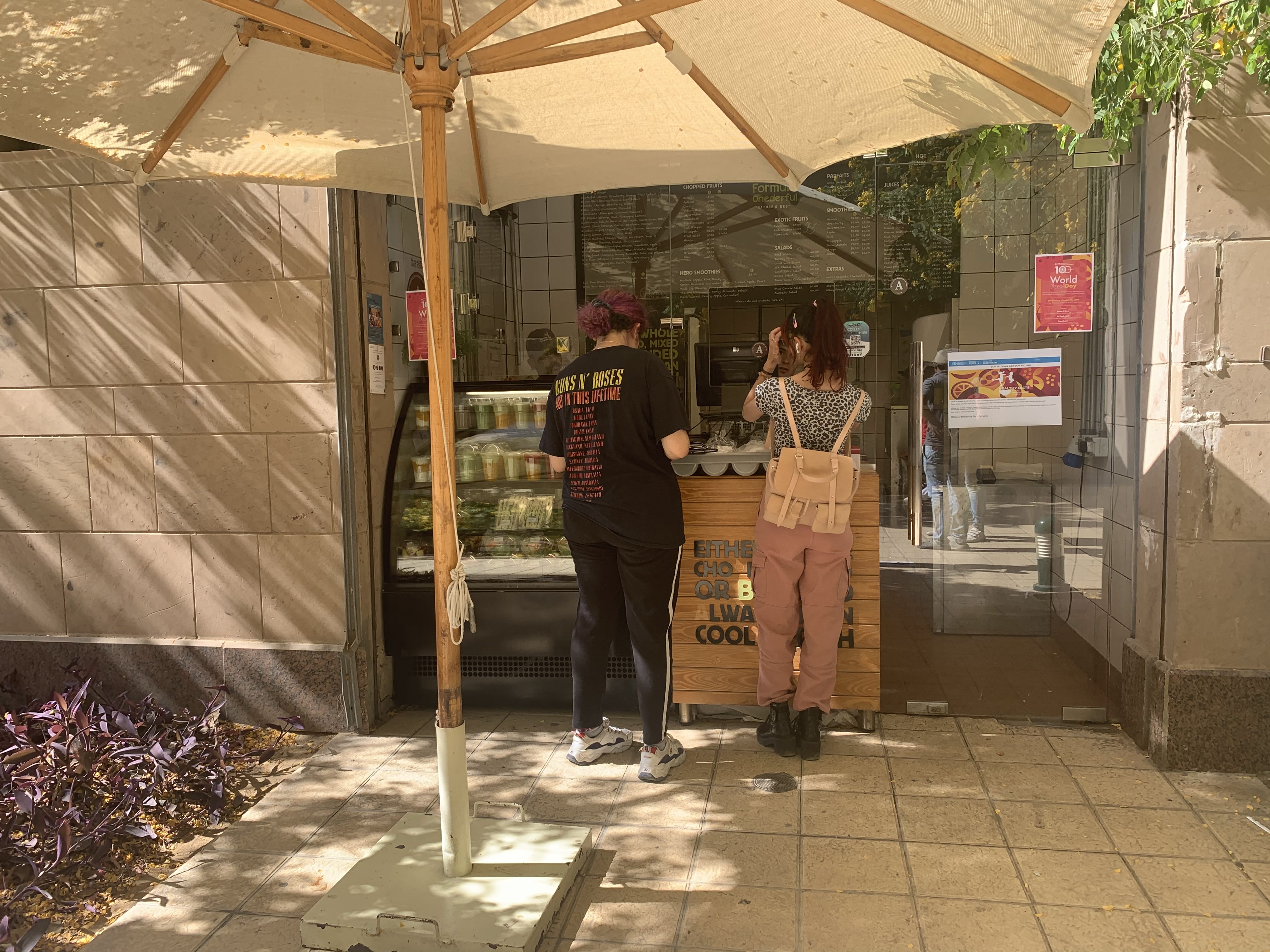Students want more inclusion in board of Trustees meetings
The AUC Board of Trustees held several meetings with members of the community last week, aimed at measuring the progress of the university’s policies and implementing new ones, like the Code of Conduct.
“[The] Code of Conduct [includes] conducts for the faculty, administration and students. It takes into consideration the process for the understanding of basic accepted rules in order to ensure the AUC community’s rights,” Robert Kasten, a member of the board, told the Caravan.
AUC student representatives, who met with the Trustees, called for more student involvement in the drafting of the Code of Conduct for the community.
External Affairs Chair of the Student Senate, Rana Sakr, said that the meetings did not formally include the students, but only sent them the Code of Conduct’s first draft and asked for “random advice” about its formation.
“Even though we expressed our willingness to be included in the committee, they said we will be represented in the part regarding the student affairs only. I believe that we need to be integrated in the process of drafting altogether to know our rights and duties,” said Sakr.
Yasmin Hashim, Student Court justice and one of the students who attended the meetings, said that the students need to be present during the process because the draft includes many vague terms or terms that are not mentioned in detail.
“[Those terms] can be abused by either students or the faculty members later on,” said Hashim.
Kasten explained that he believed that students were, in fact, involved in the meetings.
“The students appreciated the fact they were allowed to give input. There have been ways that the Trustees met with students, but this week it was more formalized,” said Kasten.
Kasten pointed at the importance of the participation of students and faculty in the drafting of the Code of Conduct.
Even though the students were not involved in the whole process of drafting the Code of Conduct, the meetings discussed the importance of the student government on campus.
“We want to encourage our students to work through their student government, as [it is] the best way to get to the administration or Board of Trustees,” said Kasten.
Sakr, however, said that students were merely presented with a draft and were requested to send “advice,” adding that senators are generally not respected and rarely called to department meetings.
“Because we are not acknowledged by the administration, the students as well undermine our capabilities and the extent of how we can help them,” said Sakr.
She explained that the Senate is the most developed branch of the student body, but are still not “legitimized” by the administration.
“Many of the Trustees and other members believed that we should be legitimized and I believe that something will be soon done in [regards to] that issue,” said Sakr.
The meetings’ agenda also included tuition caps in times of inflation, especially after evaluating the Egyptian pound.
“We should deal with the problem of tuition because we know that is of great concern to the families of our students,” said Kasten.
Hashim said that the student strike, which was carried out last semester because of the tuition increase, was brought up in the meetings.
“Among their discussion was that rules should be regulated to raise students’ awareness on their freedoms, rights and limits,” said Sakr, adding, “We believe that it’s not about rules, but channels that ease the communication between students and the administration. ”
Kasten also emphasized the importance of communication between students and faculty.
“One of the things of great concern of the Board of Trustees is the idea of using the faculty more as advisers and even mentors. We want more interaction between the students and the faculty through counseling hours and not just the regular class times,” said Kasten.
Better ways to ensure contact among different bodies in the community are still being discussed, as meetings continue this week, and the code of conduct is still being drafted.



